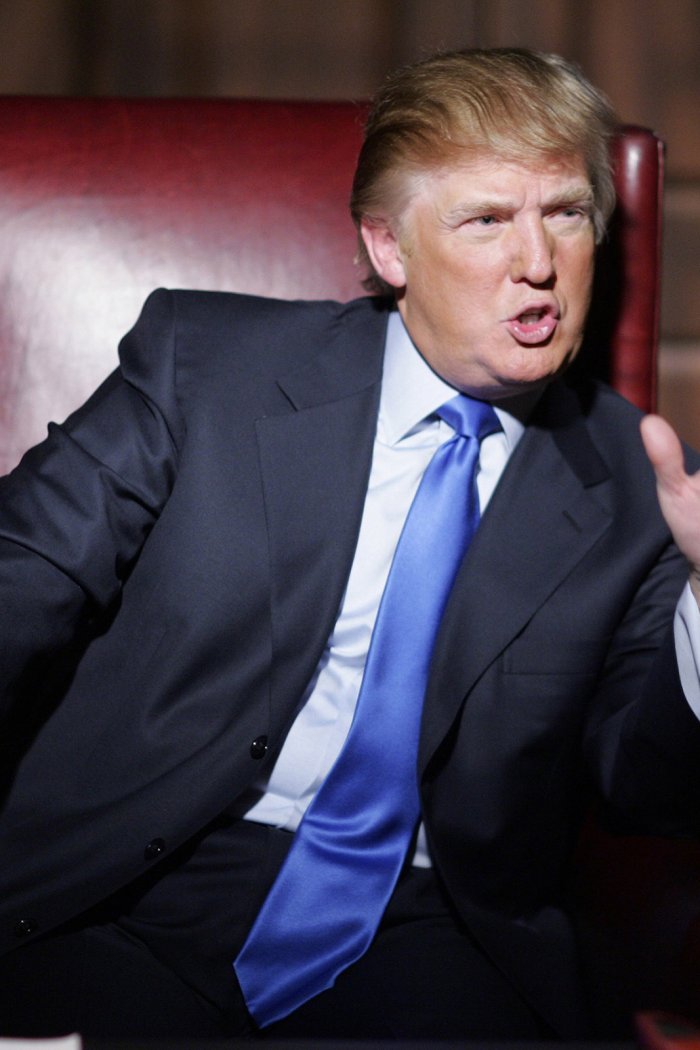Unlike most reality TV shows, Big Brother leaves little room to question how real it is. The CBS show streams its cast members’ every move for 24 hours a day as they live together and vy to become the last one standing—ensuring, per George Orwell’s famous phrase, that at all times, “Big Brother is watching you.” In the first season, the fate of the houseguests’ game lay in the hands of viewers who voted on which cast members would be evicted each week and, ultimately, who won the final $500,000 prize. The second season, which aired in 2001 after a successful series launch, introduced a new format that included competitions to gain power and stay safe from weekly elimination—and it removed the voting public, instead transferring the power to decide the outcome to the cast itself. Each week, houseguests would vote on who among them would be evicted. Season 2 winner Will Kirby, popularly known as Dr. Will, successfully manipulated his way to the end without winning a single competition, instead leaning on his social game of making and breaking alliances with fellow players—and creating a new focus on gameplay strategy that would remain for the following 22 seasons and counting. —Mariah Espada
- Cybersecurity Experts Are Sounding the Alarm on DOGE
- Meet the 2025 Women of the Year
- The Harsh Truth About Disability Inclusion
- Why Do More Young Adults Have Cancer?
- Colman Domingo Leads With Radical Love
- How to Get Better at Doing Things Alone
- Michelle Zauner Stares Down the Darkness





